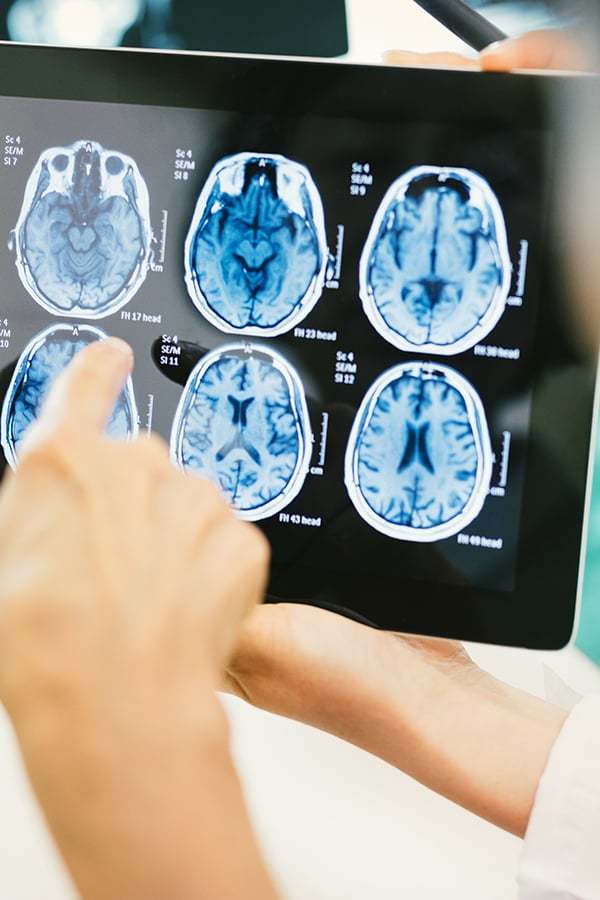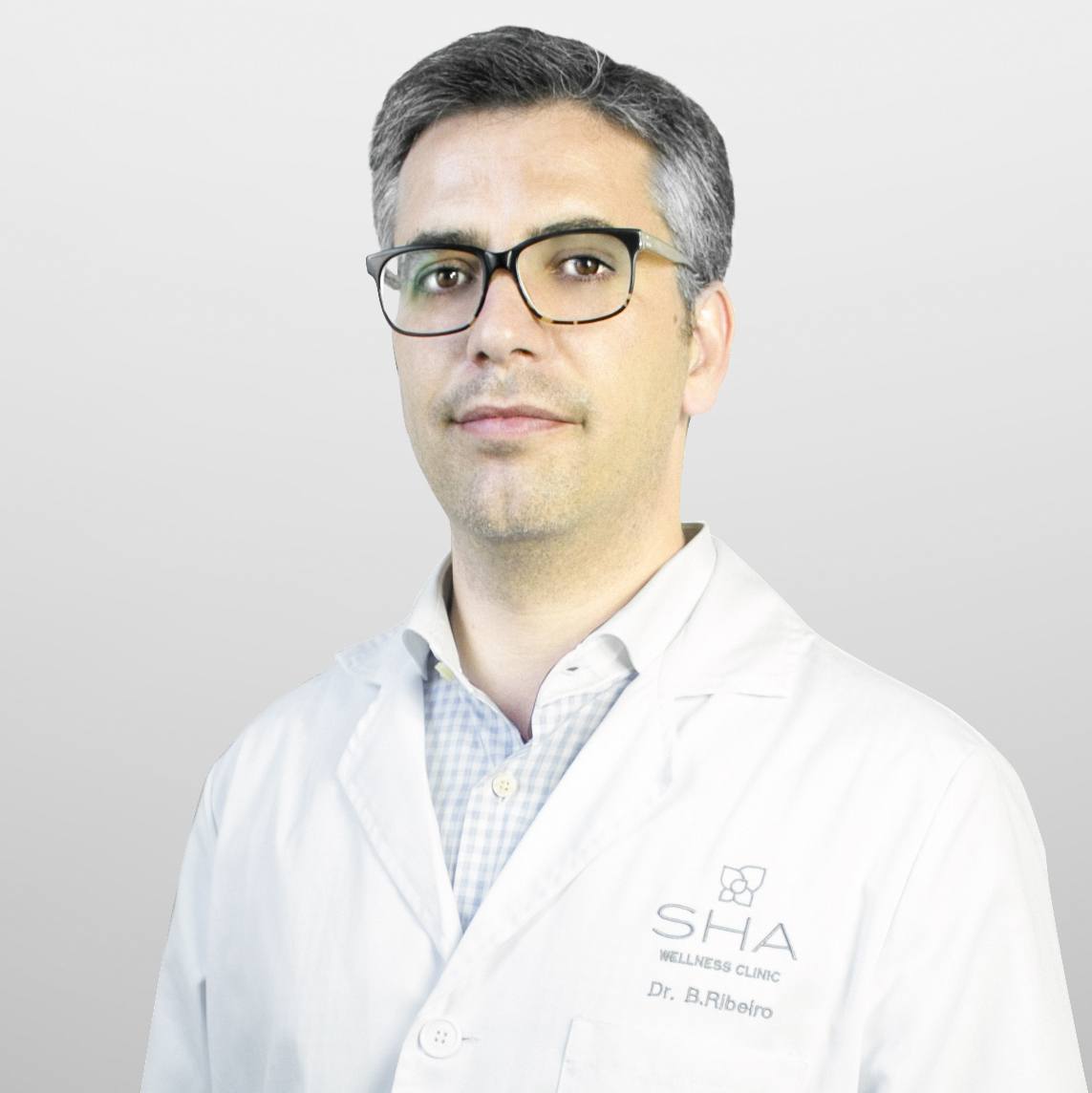Cognitive and Emotional Health Treatments
Consultation for Neurocognitive Assessment: An assessment of superior functions that includes training in core aspects like relaxation, concentration and overcoming phobias, using highly innovative software and technological devices.
Neurofeedback Session: Non-invasive training technique for identifying and accessing the brain’s response in specific situations, to learn to adjust those functions, improving self-control and helping to achieve an optimal state of mind.
Brain Photobiomodulation: An innovative system based on LED light of different wave lengths that produces what is known as photomodication of mitochondrial proteins with therapeutic effects. This consists of near infrared stimulation of the brain, which triggers cell repair, boosts energy, significantly improves general performance, and lifts the mood, allowing patients to consume fewer medicines. Recommended in cases of tiredness, stress, insomnia, depression, anxiety and traumatic brain injury.
Transcranial Direct Current Stimulation: A technique that uses neuropriming to build more optimised connections between the brain and muscles, introducing hyper-learning or hyperplasticity. This enables modulation of specific areas of the brain through bioelectric pulses, and is highly recommended after strokes and in cases of brain damage, pain, depression, tinnitus, migraine, addictions, and to improve cognitive function.
Psichology Consultation: Through self-help guidelines and promoting willpower, this personalised psychology consultation teaches patients to better manage negative emotions, and solve problems more assertively, particularly during times of conflict, doubt and depression.
Emotional Coaching: Consultation with one of our experts psychologists who will help you improve your emotional state, enabling you to enjoy a fuller life with the balance we all need. Antistress guidelines, self-help features and strengthening of the will.

